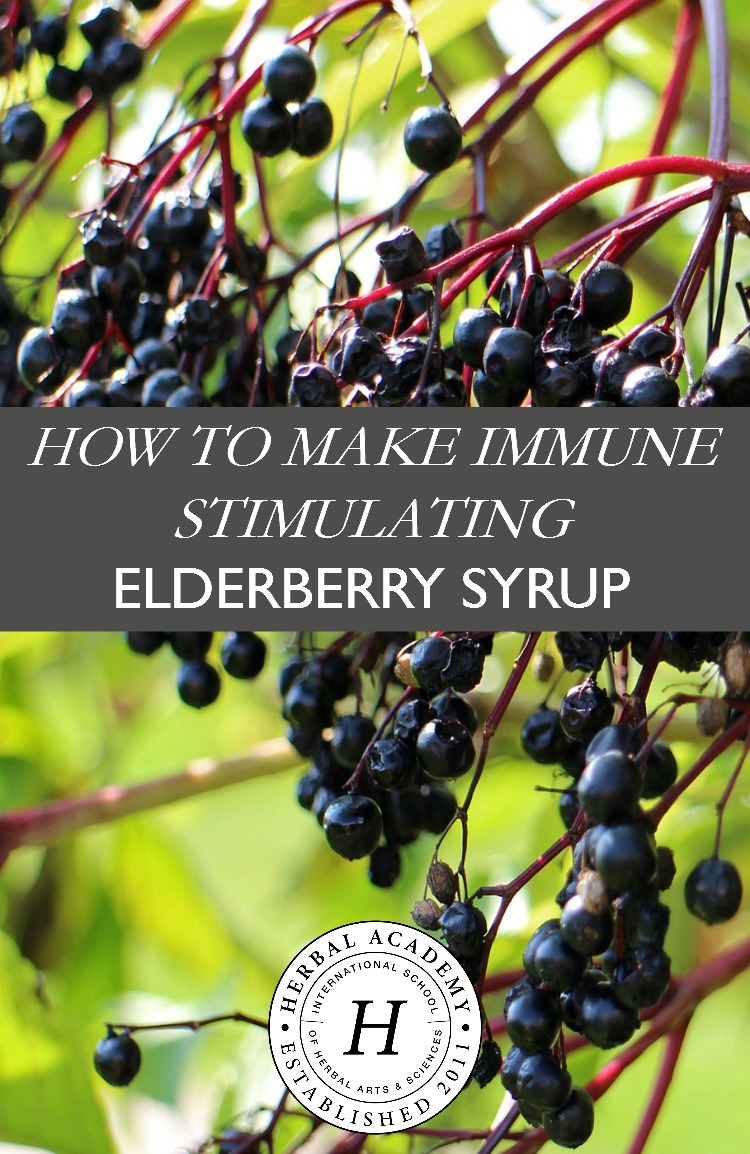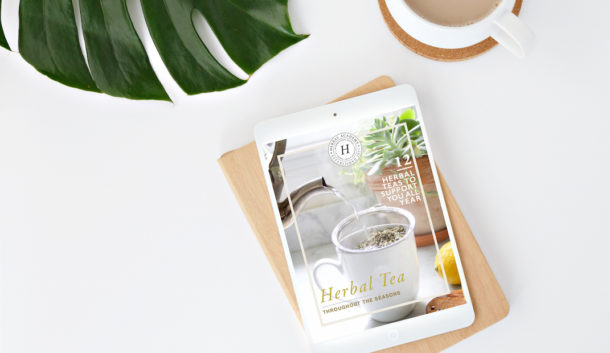
Holy shi………… itake ! We are being invaded by cold and flu viruses! But, that doesn’t mean that we are helpless. Instead, we can use simple herbal remedies, such as an immune stimulating elderberry syrup, to support our bodies as they resist viral pathogens like the common cold and flu virus.
First of all, no one has time to be sick, but unfortunately, sickness happens to us all. Don’t you think it would be nice to support your body using natural herbal remedies when you’re sick so your body can get back to its natural state of health, faster?
Of course it would!
WE RECOMMEND THE VIDEO: For Pharma College 3rd year public health students Psychiatry Course -3.2 terminology
This is where traditional remedies like immune stimulating elderberry syrup come into play.
Your Time Is Valuable
According to the Centers for Disease Control, cold and flu season is upon us, with flu season peaking anytime between December and March (Summary of the 2015-2016 Influenza Season, 2016).
With work, school, family, and many other responsibilities on your shoulders, getting sick simply feels like another “to-do”… one you don’t have time for.
In the United States, children miss close to 22 million days of school and 20 million missed days of work by adults — and that’s just for colds alone (Pappas, n.d.)!
Seeing how you have things to do, your time is valuable. This is why it’s important to take care of your body, especially during times when you are more susceptible to pathogens, such as cold and flu season.

Prevention Is The First Step
Prevention is the first step to doing what you can to keep from getting sick.
First, making sure you’re eating a healthy diet is key.
You want to fill your diet with food full of nutrients and plenty of antioxidants so your body is functioning well. Try to cut down on foods that cause inflammation and suppress the immune system such as too much gluten (if you are sensitive) or sugar.
Next, practice good hygiene.
Do your best to make sure you wash your hands using soap and water often. In fact, studies have shown that washing hands decreases the chance of getting a respiratory infection by 16-21% and reduces the chance of getting a gastrointestinal infection by 31% (Aiello et al., 2006; Rabie & Curtis, 2006)!
If you find yourself in a situation where hand washing isn’t an option, try using a homemade hand sanitizer instead.
Lastly, incorporate immunomodulating herbs into your diet.
Immunomodulating herbs are those that are capable of modifying or regulating immune function (Hoffmann, 2003).
Some examples of immunomodulating herbs are ashwagandha, cordyceps, eleuthero, holy basil, licorice, reishi mushrooms, among others (Winston & Maimes, 2007).
These herbs are often taken in capsule or tea form over long periods of time.
When Sickness Comes Your Way
The world is not a perfect place. Pathogens, like cold and flu viruses, do exist, and people do get sick.
Cold and flu virus symptoms are said to last around a week, but this can depend on the strain of virus you get and how healthy you are to begin with.
Thankfully, when you do come down with a virus, you can incorporate antimicrobial and immune stimulating herbs into your daily routine for your benefit.
Start with Antimicrobial Spices
As soon as you start feeling poorly, consider adding more spices into your diet. Many spices, especially the pungent ones, are classified as antimicrobials.
Herbalist David Hoffmann says, “Antimicrobials help the body destroy or resist pathogenic microorganisms. They help the body strengthen its own resistance to infective organisms and throw off the illness” (Hoffmann, 2003, pg. 244).
Two great spices to start with when you first become sick are ginger and garlic . Both have antimicrobial properties, and may help your body recuperate more quickly.
Add in Immune Stimulating Herbs Next
Immune stimulating herbs differ from immunomodulating herbs in that they stimulate immune function in a very non-specific way. They are often short acting and need to be taken at regular, frequent intervals (Hoffmann, 2003).
Immune Stimulating Elderberry Syrup
A great immune stimulating herbal remedy that can be used frequently as soon as a cold strikes is this recipe for Quick and Simple Elderberry Cold Syrup — one of the hundreds of recipes included in our online Intermediate Herbal Course .
Elderberry is the star of this remedy as it has many beneficial uses for the onset of colds and the flu . This remedy tastes great and can be used for adults and children alike (please use maple syrup instead of honey for children under 1 year of age).

Quick and Simple Elderberry Cold Syrup
- 1 cup dried elderberries
- 6 cups water
- 1/4 ounce ginger
- Handful of cloves
- 1 1/2 cups raw honey
- Bring berries and water to a boil and then simmer for 30 minutes.
- Strain berries and return liquid to the heat.
- Add 1/4 ounce grated ginger and a handful of cloves.
- Simmer gently for another 45-60 minutes, or until 2-3 cups of liquid remains.
- Remove liquid from the heat, allow to cool to room temp.
- Stir in 1 1/2 cups of raw honey.
- Bottle, label, and refrigerate.
Suggested Use:
Take 2 teaspoons every 3 hours at the first sign of a virus invasion.
Learn even more about caring for your immune system, balancing health, and preparing remedies for cold and flu season in our Introductory Herbal Course . You’ll get an entire unit devoted to common discomforts like colds and the flu and how to use herbs to maintain balance in these situations.
See what people are saying about this course and sample a free lesson right here!

Aiello, A. E., Coulborn, R. M., Perez, V., & Larson, E. L. (2008). Effect of hand hygiene on infectious disease risk in the community setting: a meta-analysis. American journal of public health, 98 (8), 1372-1381.
Pappas, D., MD. (n.d.). Patient education: The common cold in children (Beyond the Basics). Retrieved November 15, 2016, from http://www.uptodate.com/contents/the-common-cold-in-children-beyond-the-basics
Rabie, T., & Curtis, V. (2006). Handwashing and risk of respiratory infections: a quantitative systematic review. Tropical medicine & international health, 11 (3), 258-267.
Summary of the 2015-2016 Influenza Season. (2016). Retrieved November 15, 2016, from http://www.cdc.gov/flu/about/season/flu-season-2015-2016.htm
Post originally published November 13, 2013. Updated November 23, 2016.
Share this:
- Click to share on Facebook (Opens in new window)
- Click to share on Pinterest (Opens in new window)
- Click to share on Twitter (Opens in new window)
- Click to share on LinkedIn (Opens in new window)
- Click to share on Tumblr (Opens in new window)
- Click to share on Reddit (Opens in new window)
- Click to email this to a friend (Opens in new window)
- Click to print (Opens in new window)

A Free Ebook Just For You!
Sign up for the Herbal Academy Newsletter, and we'll send you a free ebook.
Please add your email address below and click "Submit" to add yourself to our mailing list. Then check your email to find a welcome message from our Herbal Academy team with a special link to download our " Herbal Tea Throughout The Seasons " Ebook!